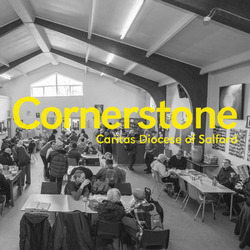Partners - WOAH
“WOAH (Without a Home) is a non-profit student design collective, predominantly focused on the issue of homelessness and all associated issues surrounding it, such
“WOAH (Without a Home) is a non-profit student design collective, predominantly focused on the issue of homelessness and all associated issues surrounding it, such
Posted 2 Mar 2021 15:19





